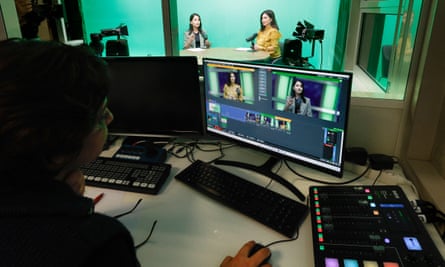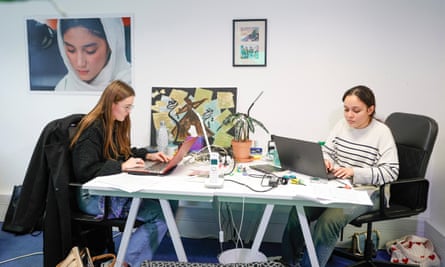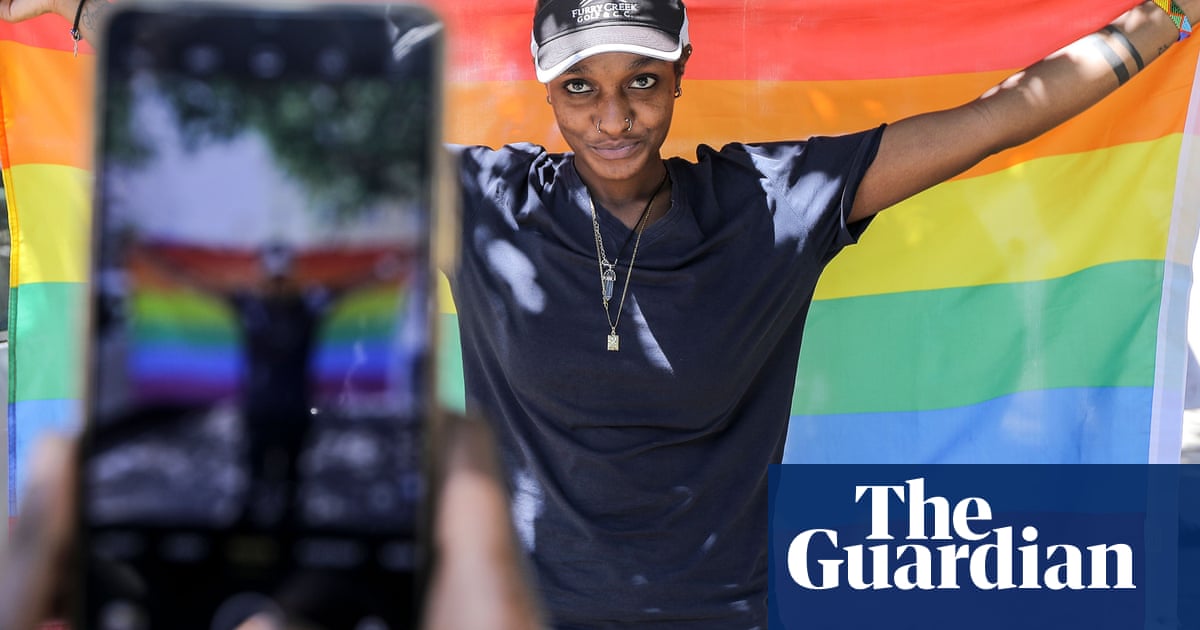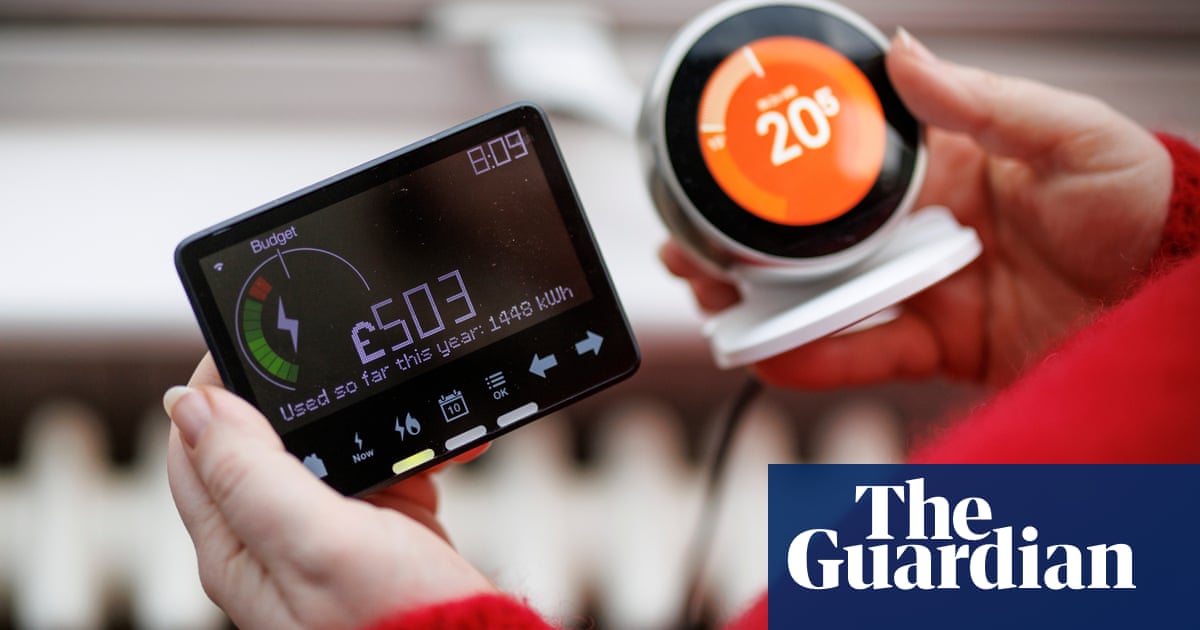From a tiny television studio in Paris, 4,500 miles from Kabul, a raft of programmes geared towards women and presented by female hosts beams 24 hours a day into homes across Afghanistan, even as women are being steadily erased from public life in the country.
“For us, it’s a way to provide hope,” said Hamida Aman, the Afghanistan-born, Swiss-raised entrepreneur behind the satellite channel Begum TV. “For women in Afghanistan, television is their only window into the world. Especially now, when they’re confined to their homes; there are no schools, no work for them and no parks or leisure activities.”
Launched in March on International Women’s Day, the channel has seized on the surging popularity of satellite TV in Afghanistan – Aman described it as one of the most popular media in the country – to speak directly to those affected by what the UN has described as a “gender apartheid”.
Women’s rights and freedoms have dramatically worsened since the Taliban returned to power in 2021. In early December, the group reportedly barred women from training as nurses and midwives, essentially closing off one of the last remaining paths through which women in the country had access to further education.
By day, Begum TV offers school classes in Dari and Pashto at various grade levels, offering girls banned from schools a chance to study, while in the evening it transmits a roster of programmes that range from light entertainment to those that address women’s rights and field questions on medical issues and mental health.
“We can talk about taboo topics that we wouldn’t be able to talk about if we were based in Kabul, such as contraception or homosexuality,” said Aman. “And it also allows us to broadcast music and entertainment series barred in Afghanistan.”
While Begum TV is less than a year old, its roots trace back to Kabul, where Aman launched Begum Radio six months before the Taliban returned to power in 2021. All the Begum TV journalists and presenters are Afghan women who sought political asylum in France after fleeing the Taliban regime.
Since then, women have been banned from nearly every aspect of public life, including most secondary schools, universities and workplaces as well as bathhouses, gyms and parks. Last year, the Taliban decreed that women must not sing or read aloud in public, nor let their voices carry beyond the walls of their homes.
To Aman’s surprise, however, Radio Begum has so far been allowed to continue providing its mix of school and health-focused programming to its estimated 6 million listeners.
“Every day for the past three years I’ve felt that someone is going to call me to tell me that the Taliban have shut down the broadcast,” said Aman. “But we’ve kept going for three years, though it’s been three years of living under this constant pressure.”
Even so, the radio station had not been immune to the ever-increasing rights crackdown, said Saba Chaman, the station’s former manager who now works with the team at Begum TV. “You could see the pattern; they started to order female presenters on TV to cover their faces, and later on they said no music. Then they said women couldn’t present any entertainment programmes or sit together in the studio with male colleagues or take any calls from men on the radio.”
She likened it to trying to keep a grip on a rope being pulled in the opposite direction. “It’s like, no matter how tight we wanted to hold on, it was still sliding through our hands with every new decree,” she said.
after newsletter promotion

Concerns for her safety forced her to flee to France earlier this year. While she misses Afghanistan deeply, she relishes in the relative freedom she has found abroad. “We know that some of our colleagues are worried about their families in Afghanistan, so they do not feel 100% free. But at least we know we won’t be arrested if ever something happens. That makes it a little easier.”
She described Begum TV, whose work is funded through an NGO, as a means of confronting the gaping voids that had followed the Taliban’s return to power; from the educational programming that offers young women a chance to keep up with their studies, to the health-based information aimed at tackling the staggering surge in anxiety, isolation and depression among Afghan women.
The TV offering is complemented by a sister website with nearly 8,500 videos that cover the national school curriculum, offering families with internet connections another resource to allow girls to continue studying.
“It’s like a continuation of hope,” Chaman said. Whether it was for others like her who had been forced to flee the country or women in Afghanistan wrestling with the steady curtailing of their rights, she saw the projects as a means of safeguarding the vision that she and others once had for the country.
“Our hopes and every hope we had for a brighter future for Afghanistan and all the women of Afghanistan might have turned into ashes,” she said. “But there’s a spark somewhere that might be rekindled some day. And, for me, Begum is one of those sparks.”


.png) 3 months ago
48
3 months ago
48













































